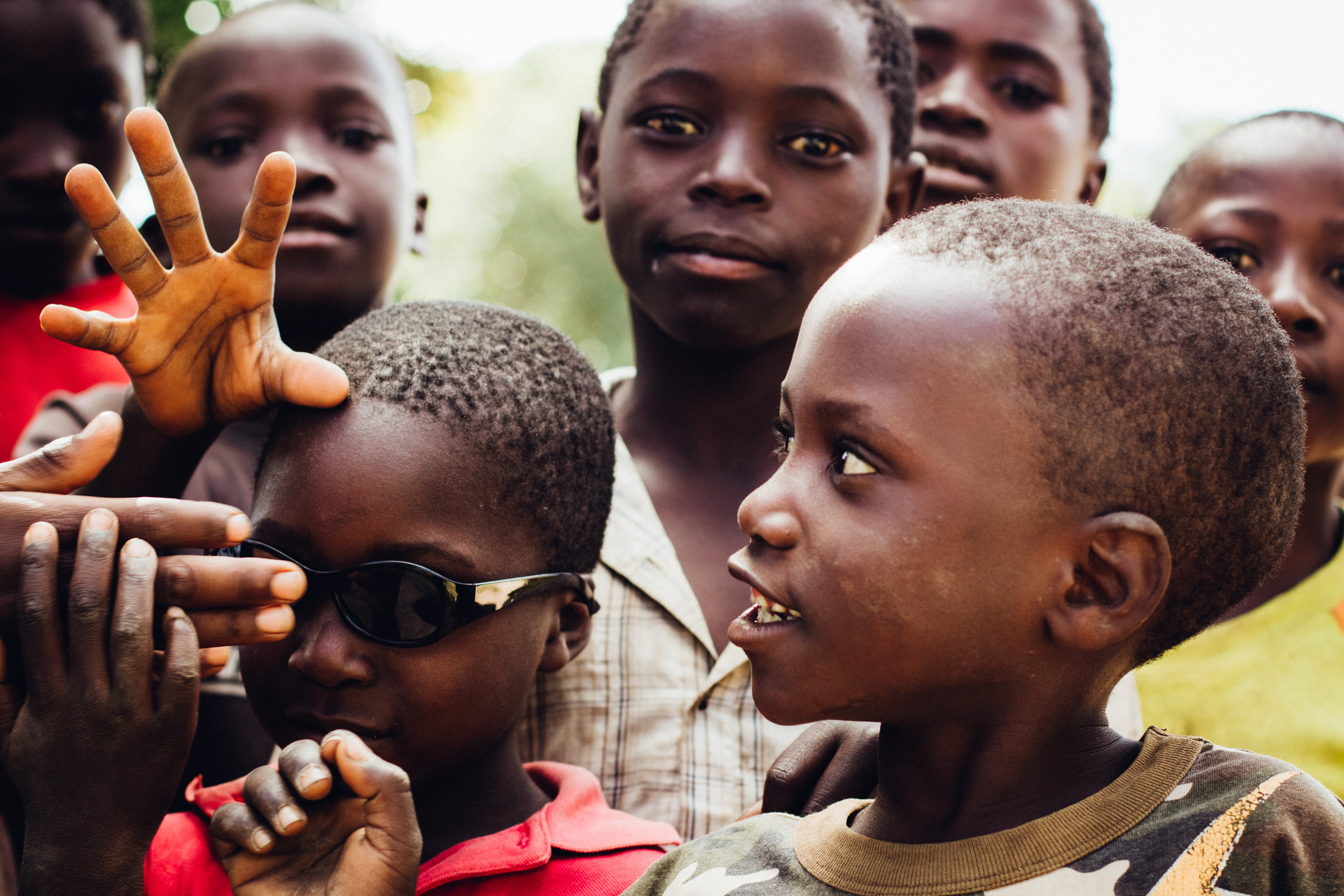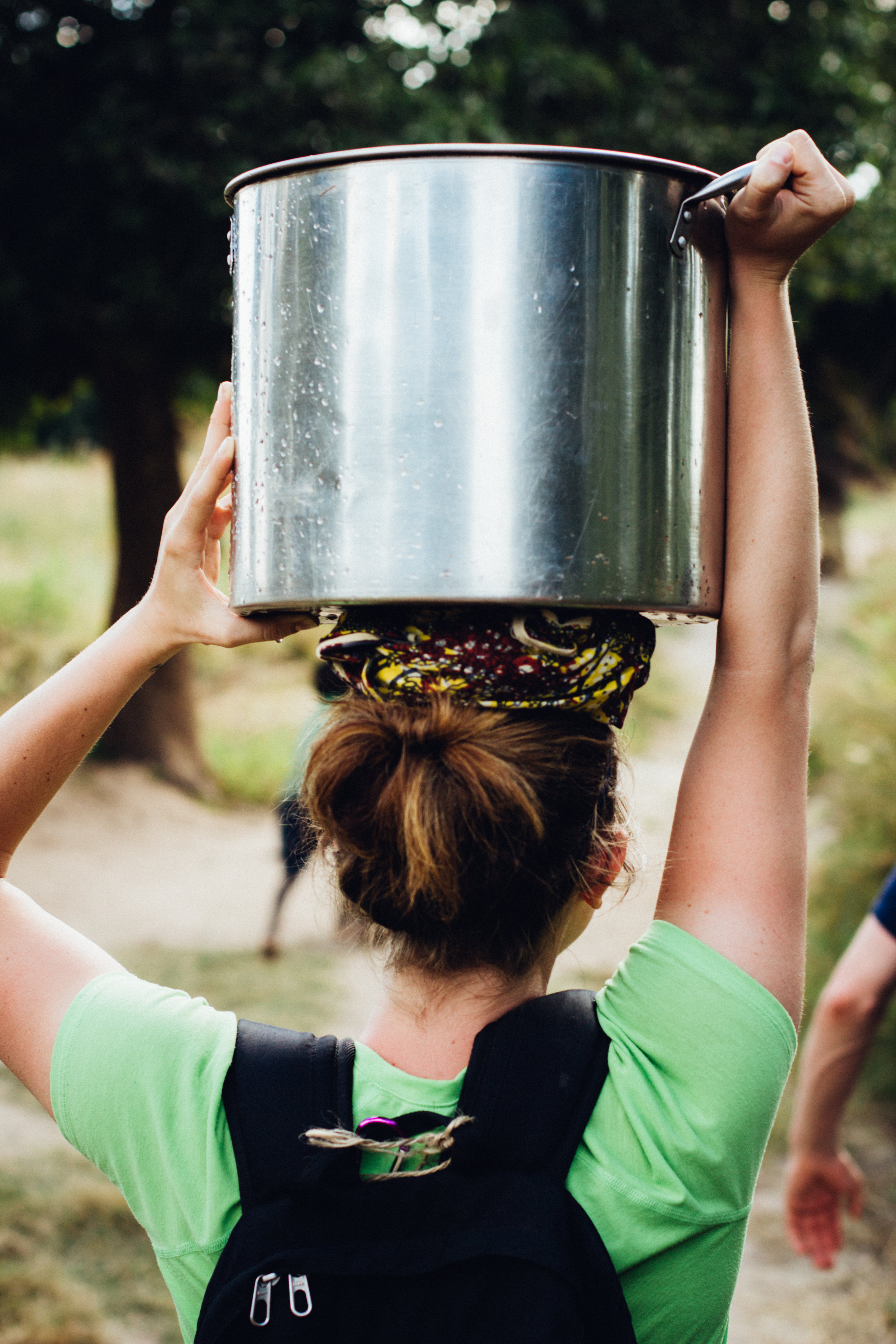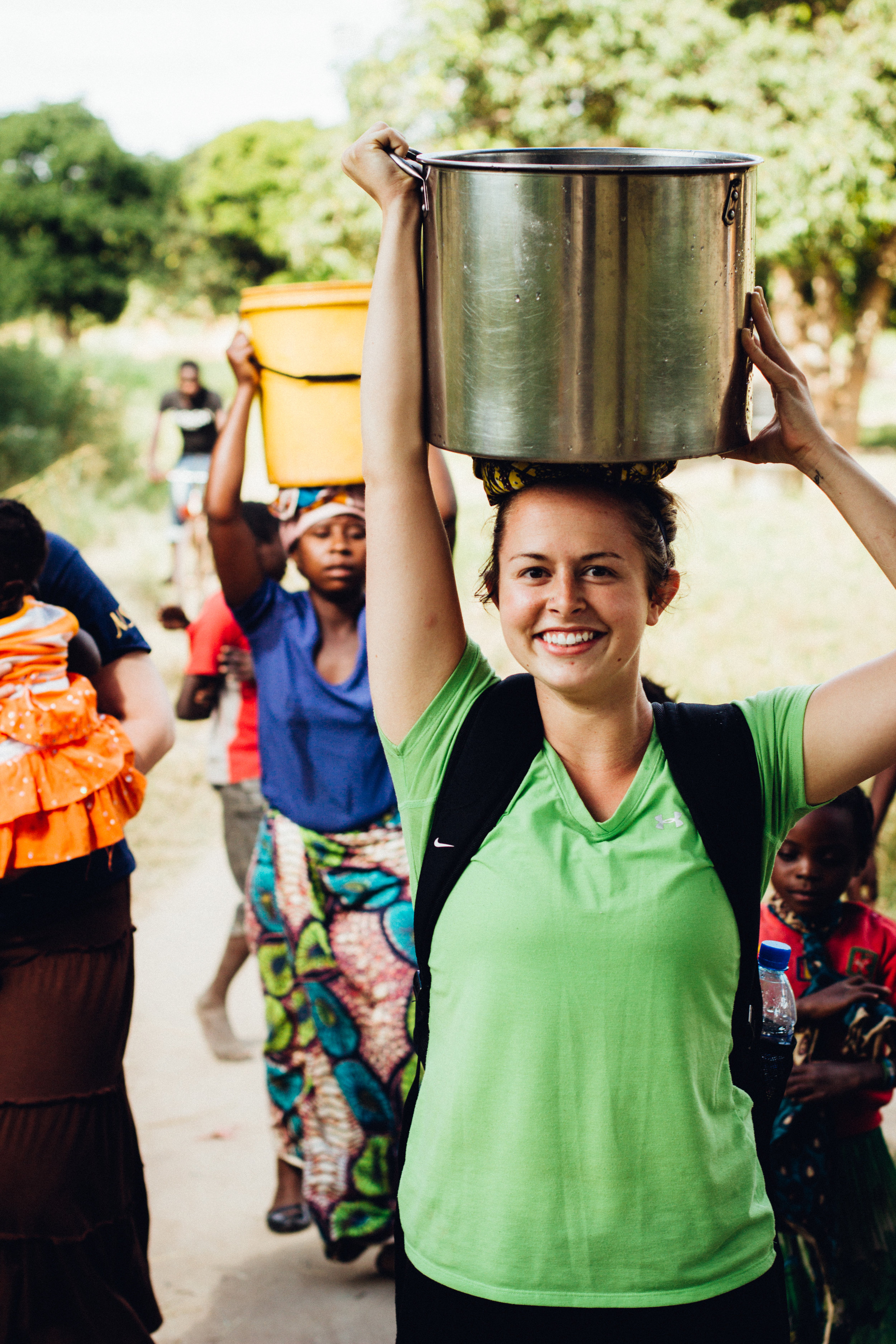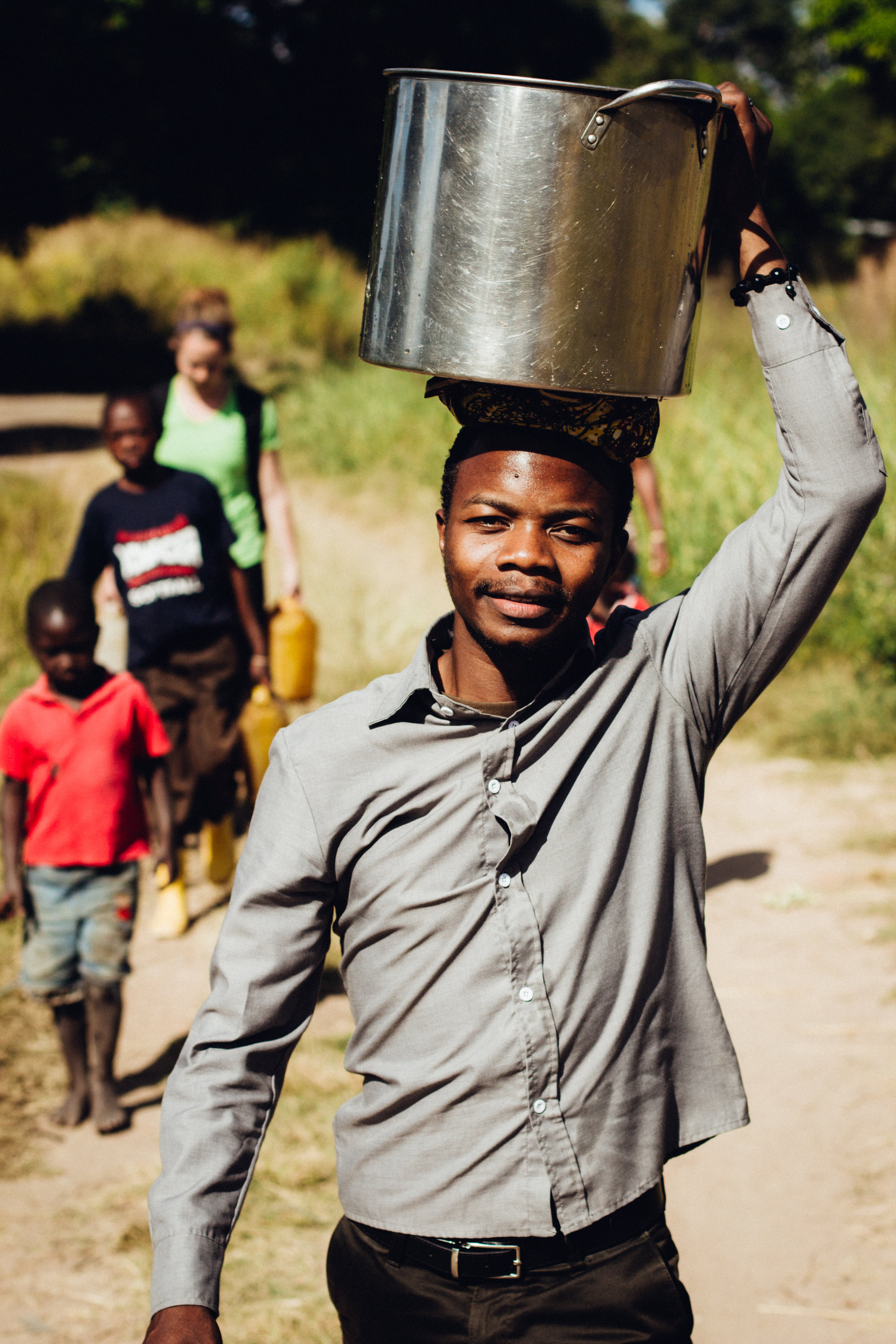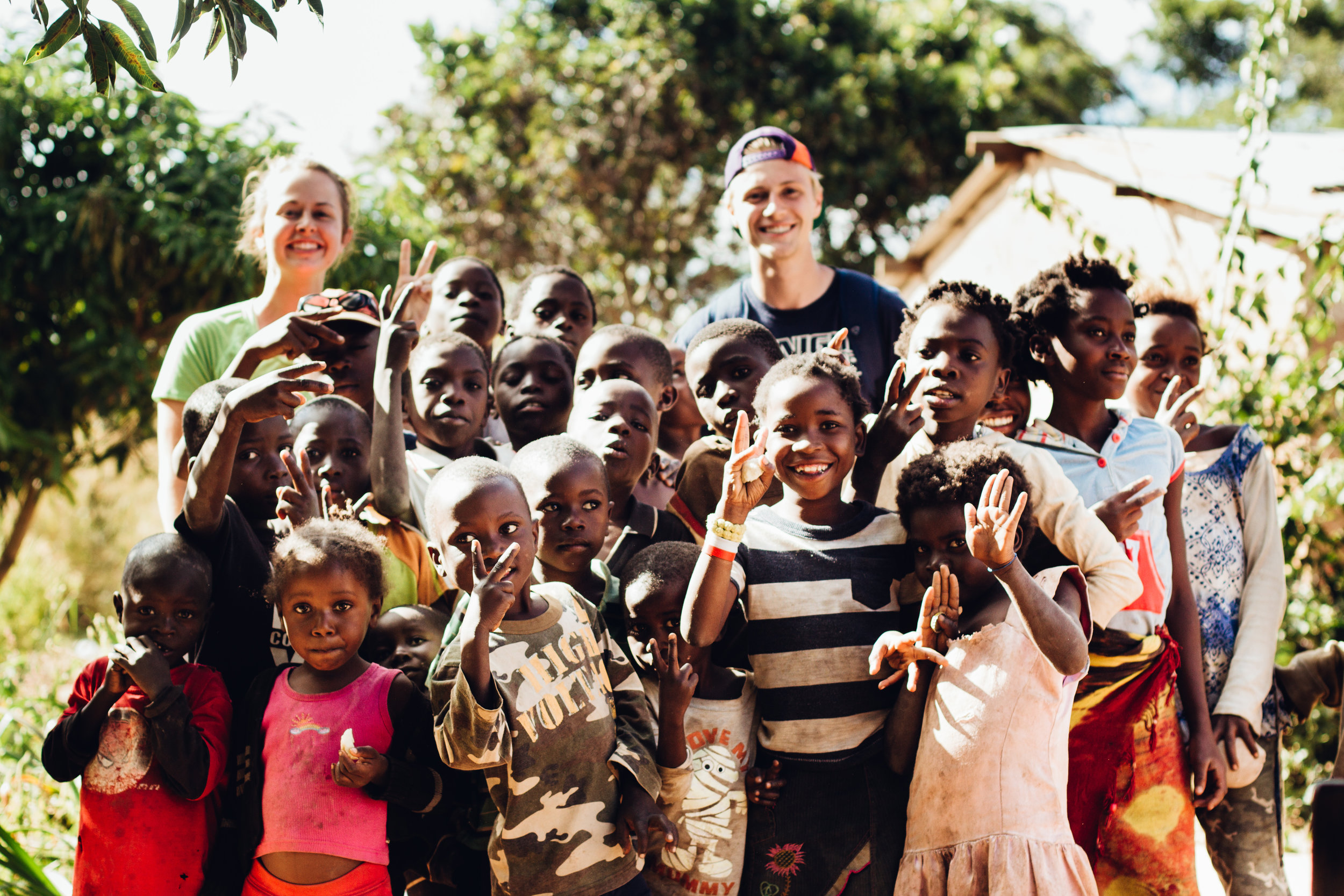Today is World Water Day, a day focused on bringing attention and awareness to the global water crisis. Despite the many advances in technology, a rapidly expanding global economy, and various social justice initiatives in just the last decade alone, there are still 1.8 billion of the world's population who use a source of drinking water contaminated with waste, putting men, women, and countless children at risk of contracting deadly diseases like cholera, dysentery, typhoid, and even polio.
Since 1993 World Water Day (formally World Day of Water) has chosen a theme centered around this crisis to help educate the global community on how we might together work to end the injustice of unclean water which is a key contributor to extreme poverty. This year's theme is WasteWater, a growing and systemic issue which is threatening the environment and putting future generations at even great risk than they currently already are at. Wastewater comes largely from our homes, the cities we live in, and from both industry and agricultural development which then flows back into the natural world without being cleaned, treated, or reused first.
According to the UN Water council, by reducing the amount of our wastewater, and then also reusing it in our homes, gardens, city green spaces, and so on we as a planet can create even more sustainable water habits and bring this crisis one step closer to being a begone era.
In response to the crisis of unsafe drinking water there are many organizations and non profits who are working diligently and tirelessly to bring access to this safe water to everyone around globe by 2030. Just a few of these organizations include:
With our support, from people like you and me, we can make that goal a reality and not just a benchmark. Together through partners such as these we can bring an end to the water crisis in our life time and provide safe and clean drinking water for billions of children the world over.


